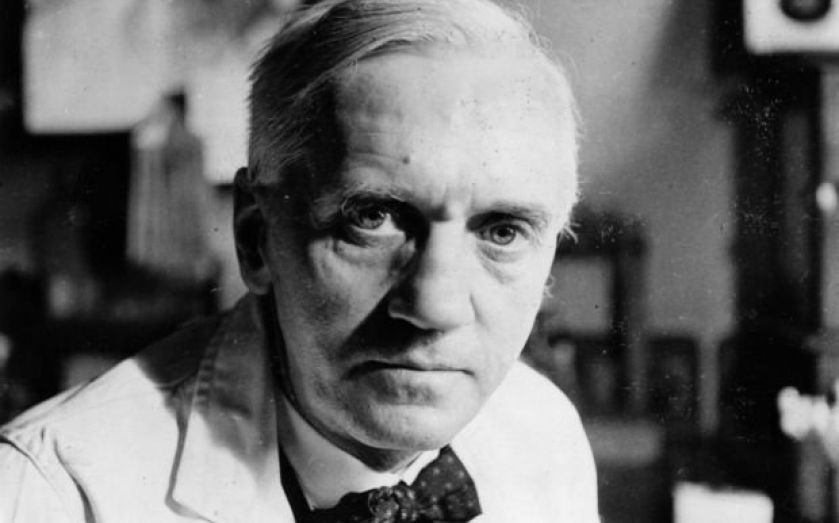| Updated:
The 2014 Nobel Prize in Physiology or Medicine has been won by Edvard and May-Britt Moser, but which scientific field has been the most successful?

The first of this year's Nobel Prizes has been awarded to a British-US scientist and two Norwegian scientists for their combined work in the field of brain science.
This morning. John O’Keefe and husband-and-wife team Edvard and May-Britt Moser won the Nobel Prize in Physiology or Medicine for discovering an ‘inner GPS’ in the brain.
The trio's research trio will help scientists understand how humans are able to orient themselves in space, and could shed important light on neurological diseases like Alzheimer's.
“The discoveries… have solved a problem that has occupied philosophers and scientists for centuries,” the Nobel Assembly at Sweden's Karolinska Institute said in a statement.
Today's announcement marked the beginning of a week full of prizes given out across the sciences and literature, and it provides an opportunity to reflect on where the world has made the most impressive medical advances over the past hundred years.
The graph below shows the number of medical awards given since the Nobel Prize began in 1901, separated by field. By far the biggest share of winners – 48 in total – fall into the field of genetics.
The most significant break-through in genetics was made by Francis Crick and James Watson in 1962 – their discovery of the molecular structure of DNA and its importance for information transfer paved the way for further genetic discoveries that would otherwise have been impossible. Rosalind Franklin also played a big part in this discovery.
Other genetic discoveries considered worthy of a Nobel Prize over the past hundred years included the discovery of genetically-controlled embryonic development, the identification of genes responsible for generating antibody diversity, and the discovery of genetically-programmed cell death.
Biochemistry was the field with the second largest number of prize winners, accounting for 29 wins in total, followed by physiology, with 27 winners and neurophysiology (physiology of the brain), with 26.
Venturing into the field of disease, the most impressive Nobel Prize winner – and perhaps the most impressive of all the winners in the field of medicine – was the UK's very own Alexander Fleming for his discovery of penicillin antibiotics.
These were among the first drugs to be effective against many previously serious diseases, and have saved millions of lives since their discovery in 1945.